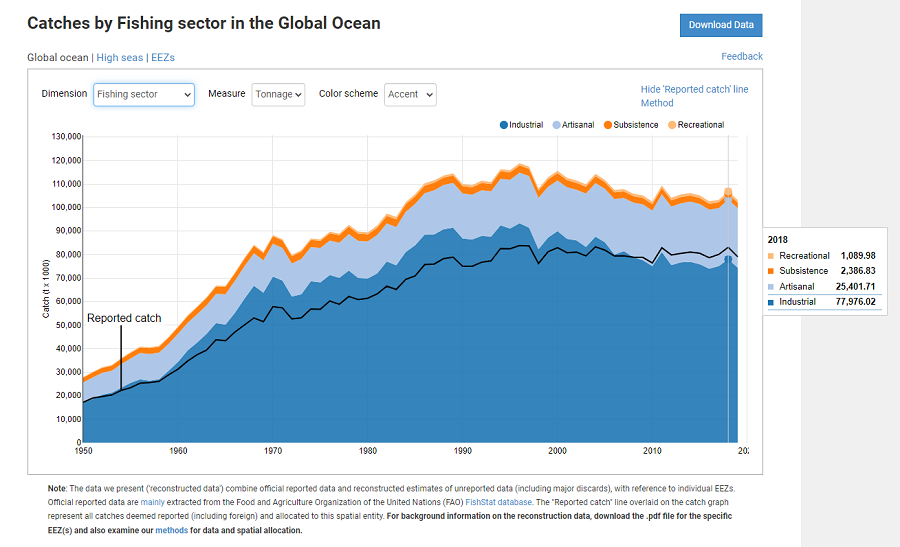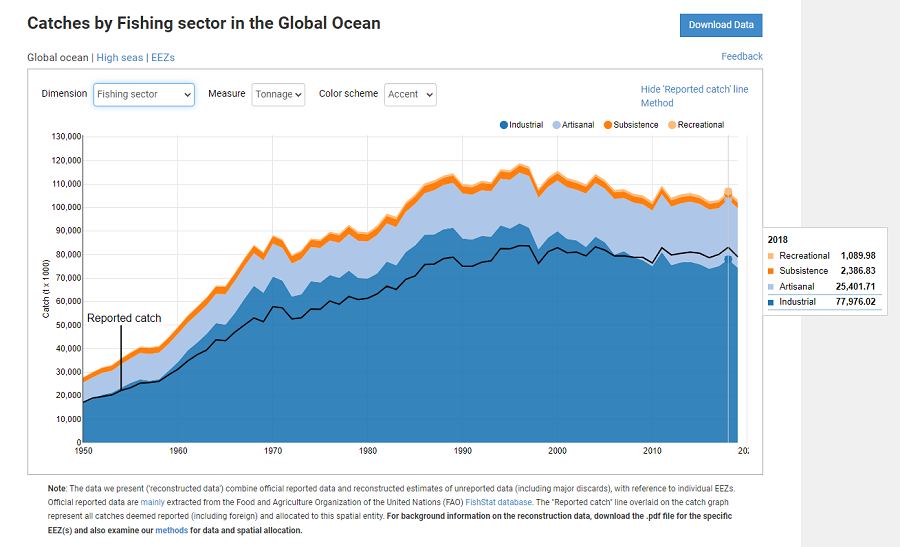The Sea Around Us is pleased to announce that the marine fisheries catch data and derived indicators have been updated to the year 2018.
Category: New Research
Small-scale fisheries can back food security efforts in Arabian Sea countries
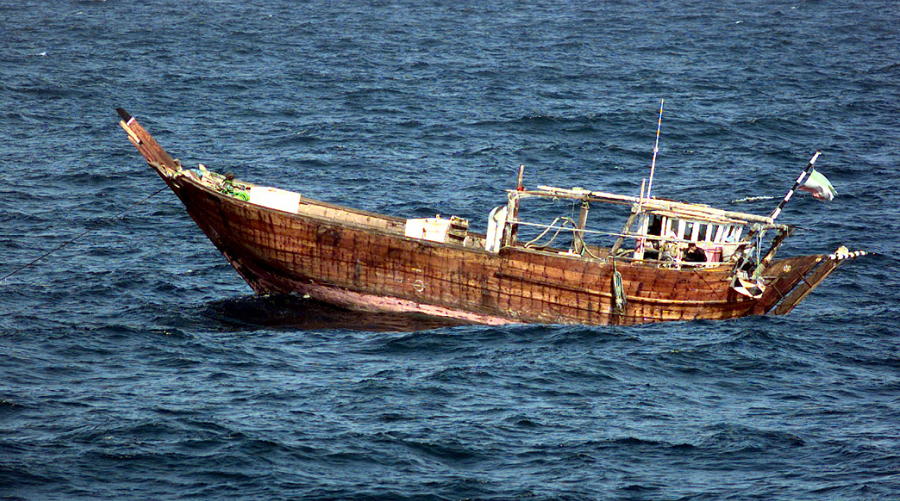
Iranian fishing boat in the Arabian Sea. Public Domain image from US National Archives.
Countries surrounding the Arabian Sea should empower well-managed artisanal and subsistence fisheries to back food security efforts, a new Sea Around Us study suggests.
In a chapter titled “The fisheries of the Arabian Sea Large Marine Ecosystem,” included in the book The Arabian Seas: Biodiversity, Environmental Challenges and Conservation Measures published by Springer Nature, Sea Around Us researchers describe the fisheries in the exclusive economic zones of Somalia, Djibouti, Yemen, Oman, the United Arab Emirates, Iran, Pakistan and India’s Malabar coast, as well as in the region’s high seas.
Tilapias are not precocious, they are just resilient
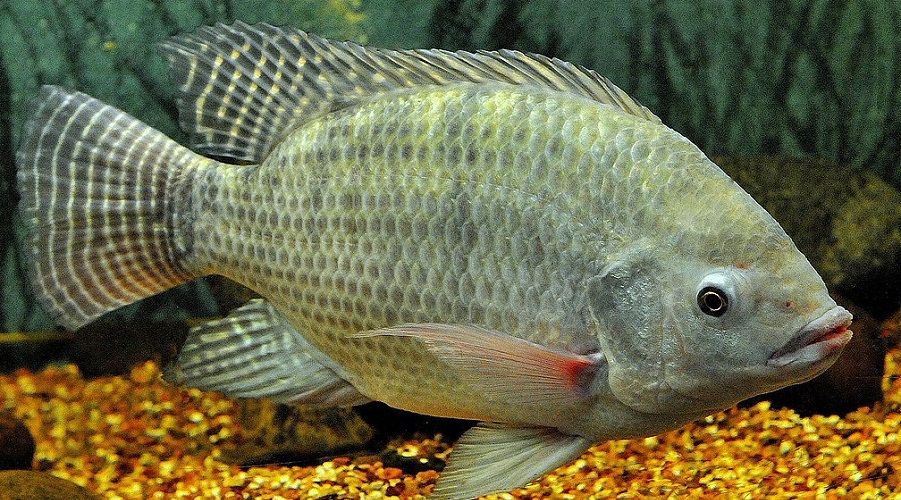
Nile tilapia. Photo by Germano Roberto Schüür, Wikimedia Commons.
Tilapias living in crowded aquaculture ponds or small freshwater reservoirs adapt so well to these stressful environments that they stop growing and reproduce at a smaller size than their stress-free counterparts.
Understanding why fish grow the way they do and getting serious about it
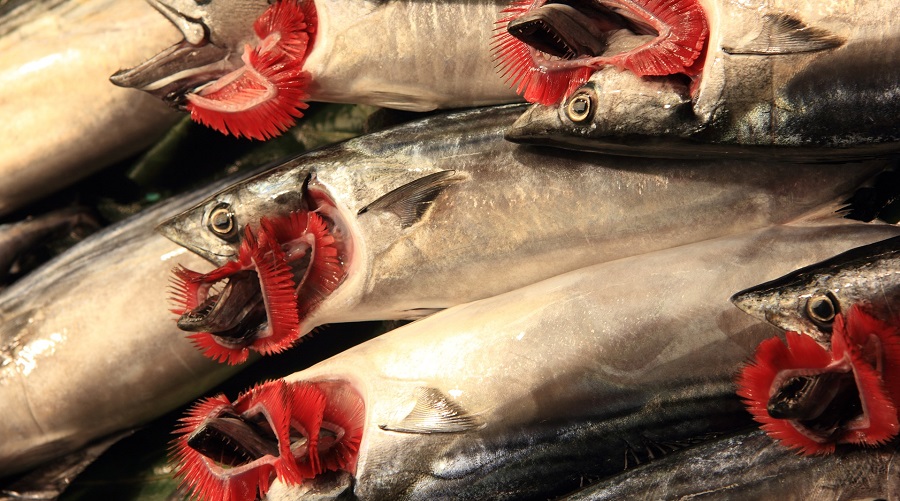
Fish gills. Image by 2427999, Pixabay.
The distribution and concentration of dissolved oxygen and water temperature in the oceans and freshwaters are usually far more influential in shaping the growth and reproduction of fish than the distribution of their prey.
In a new paper in Science Advances, Daniel Pauly, principal investigator of the Sea Around Us initiative at UBC’s Institute for the Oceans and Fisheries, argues that scientists need to avoid attaching human attributes to fish and start looking at their unique biology and constraints through a different lens.
Fisheries managers should not abuse Maximum Sustainable Yield
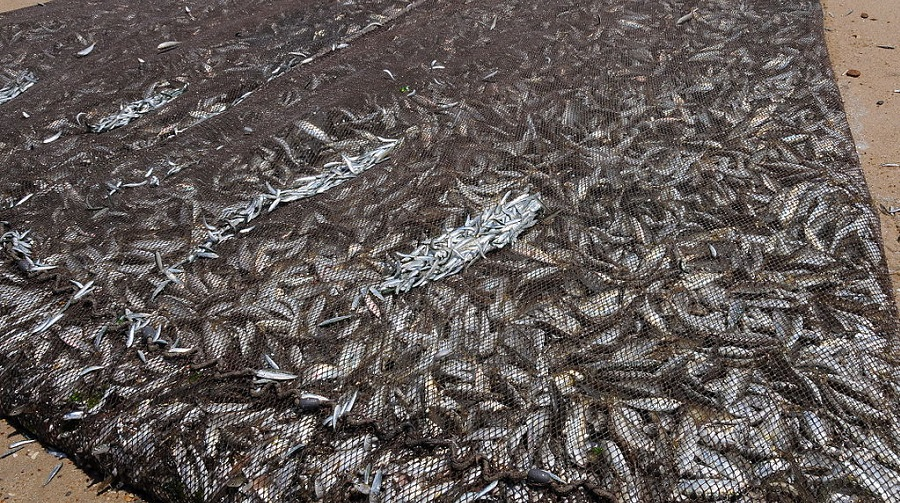
Fish net in Mira, Portugal. Reference photo by Joseolgon, Wikimedia Commons.
In fisheries management, Maximum Sustainable Yield or MSY refers to the theoretical highest catch that a fish stock can support in the long-term, given that environmental conditions do not change much.


